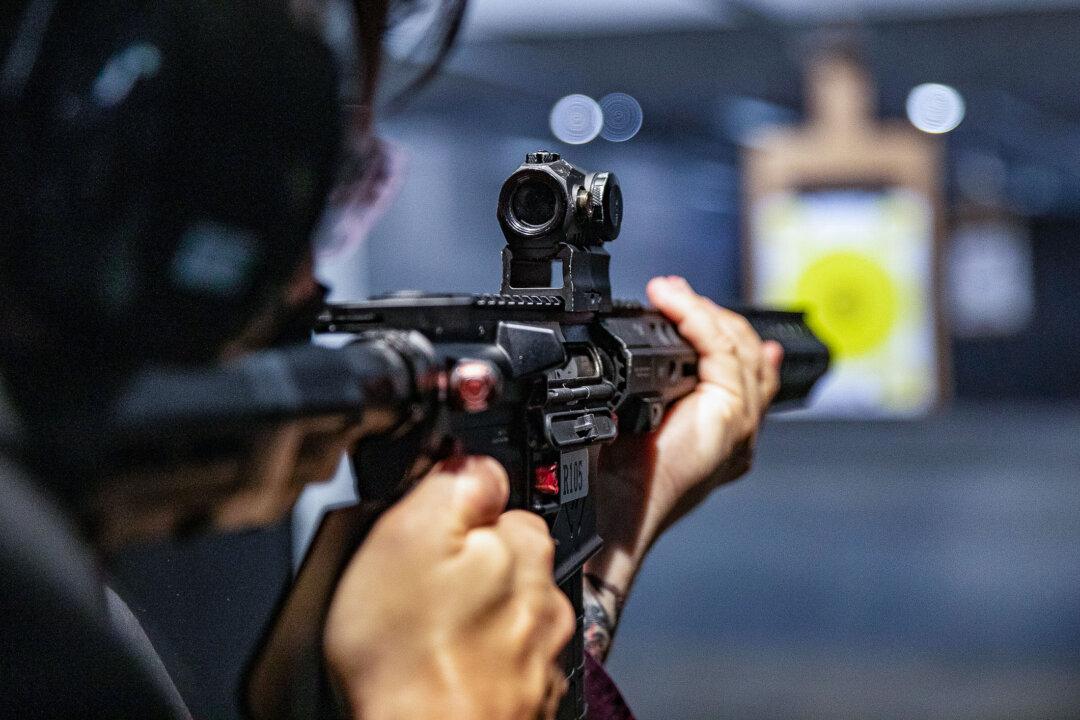A federal judge has ruled that New Jersey’s ban on AR-15 rifles is unconstitutional, although he refused to extend that determination to other firearms subject to the prohibition. He also upheld the state’s restrictions on large-capacity magazines.
U.S. District Judge Peter G. Sheridan issued an order on July 30 declaring that including the Colt AR-15 rifle on the list of firearms defined in the New Jersey Code of Criminal Justice Section 2C:39-1 as an “assault firearm” and subjecting it to restrictions violates the Second Amendment and is incompatible with recent U.S. Supreme Court precedents.





